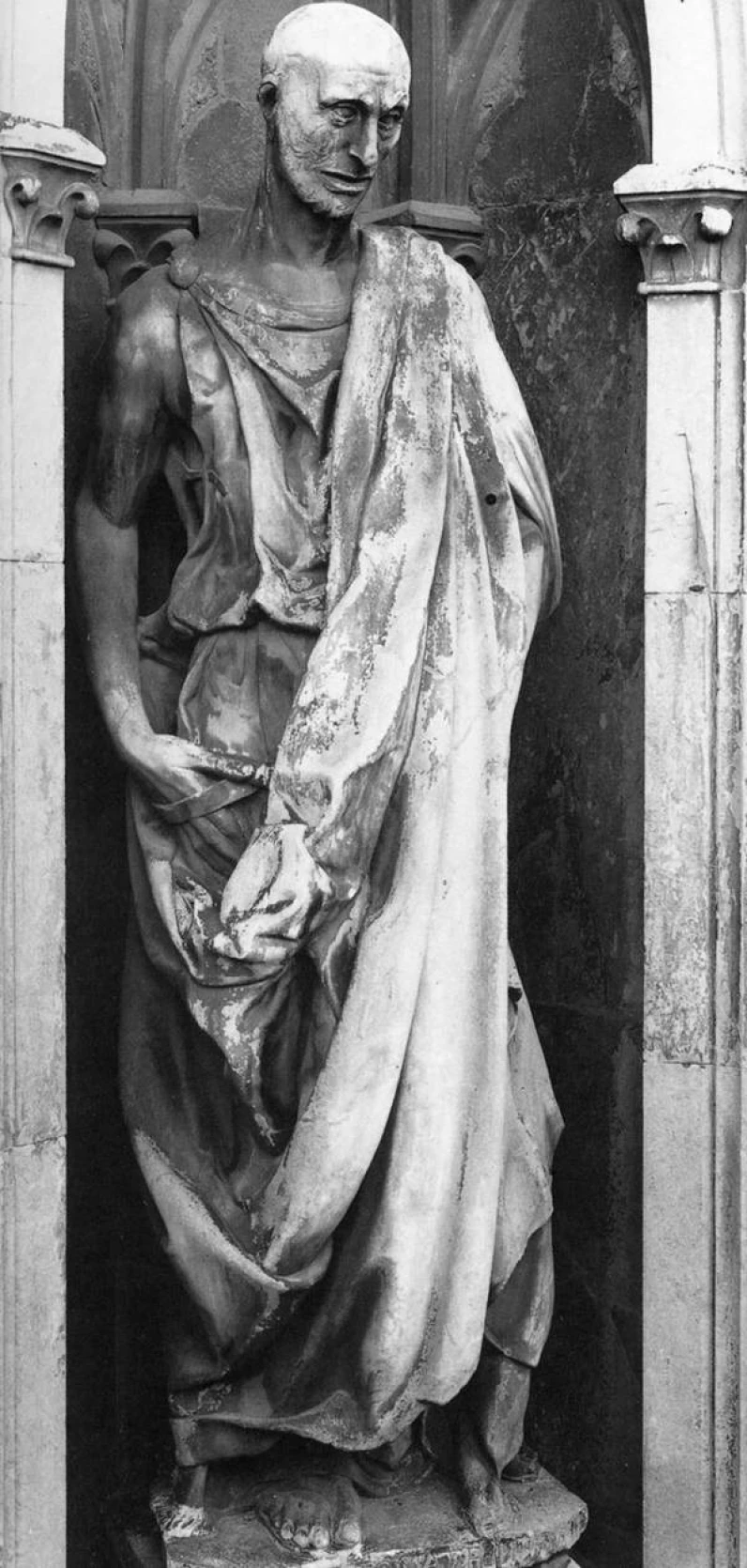Introducing Habakkuk

At the Bishop's Bible Week, Canon Dr Christina Baxter will teach us from the book of Habakkuk. So what can we expect from this prophet? Here's a taste...
Habakkuk is the eighth of the 12 minor prophets in the Old Testament, found between Nahum and Zephaniah and is just 3 chapters long.
Little was known about the prophet, except that he was a contemporary of Jeremiah and a man of vigorous faith rooted deeply in the religious traditions of Israel.
Among the prophetic writings, Habakkuk is unique in that it includes no oracle addressed to Israel. It contains, rather, a dialogue between the prophet and God.
The context was Habakkuk's realisation that God was going to use the Babylonian military machine to bring judgement on God's own people. This idea of a godless nation punishing a godly nation outraged him and he dared to say so. In the first 2 chapters, Habakkuk argues with God over his seemingly unfathomable, if not unjust, ways. Having received replies, he responds with a beautiful confession of faith in chapter 3.
Habakkuk, like Jeremiah, probably lived to see the initial fulfilment of his prophecy when Jerusalem was attacked by the Babylonians in 597.
Eugene Peterson, in his introduction to Habakkuk in The Message, characterises the prophet as a companion who stands at our side and waits and listens:
"It is in his waiting and listening - which then turns into his praying - that he found himself inhabiting the large world of God's sovereignty. Only there did he eventually realise that that the believing-in-God life, the steady trusting-in-God life, is the full life, the only real life. Habakkuk started out exactly where we start out with our puzzled complaints and God-accusations, but he didn't stay there. He ended up in a world, along with us, where every detail in our lives of love for God is worked into something good."
Image
Sculpture in marble of the prophet Habakkuk by the Italian artist, Donatello
Museo dell'Opera del Duomo, Florence